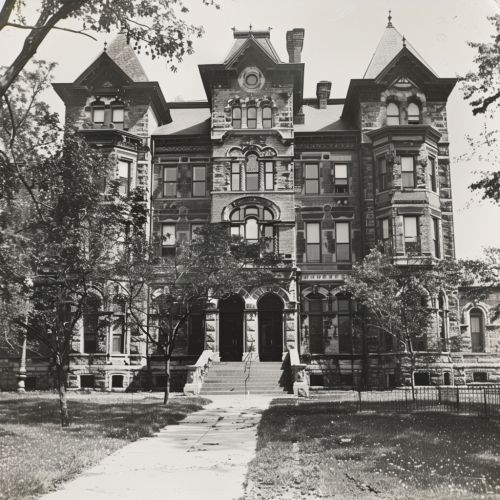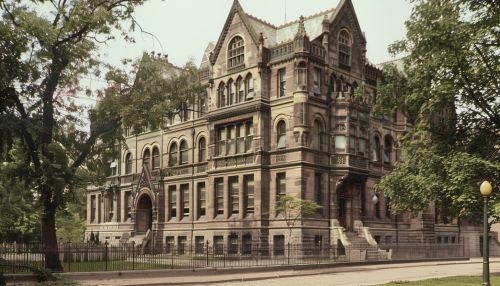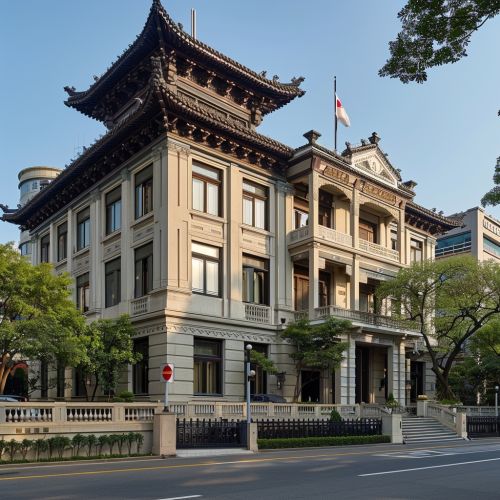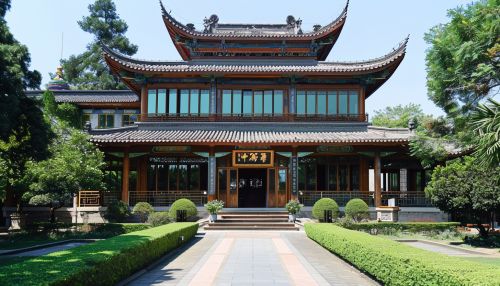Edwin H. Conger
Early Life
Edwin Hurd Conger was born on March 7, 1843, in Knox County, Illinois. He was the son of Abel Conger and Sarah Hurd. Conger's early years were spent on his family's farm, where he developed a strong work ethic that would serve him well in his later political and diplomatic career.
Education
Conger attended the local schools in Knox County before enrolling at Lombard University in Galesburg, Illinois. He graduated in 1862 with a degree in law. His education was interrupted by the American Civil War, during which he served as a private in the 102nd Illinois Infantry.


Military Service
During the Civil War, Conger fought in several significant battles, including the Battle of Resaca, the Battle of Kennesaw Mountain, and the Battle of Bentonville. He was promoted to the rank of captain for his bravery and leadership on the battlefield. After the war, he returned to Illinois and resumed his law studies.
Political Career
Conger began his political career as a member of the Republican Party. He served as a member of the Illinois House of Representatives from 1872 to 1874 and was later elected as a U.S. Representative from Illinois, serving from 1885 to 1891. During his tenure in Congress, Conger was known for his advocacy of veterans' rights and his support for the gold standard.
Diplomatic Career
In 1891, President Benjamin Harrison appointed Conger as the U.S. Minister to Brazil, a position he held until 1893. He was then appointed as the U.S. Ambassador to China by President William McKinley in 1897. Conger's tenure in China was marked by the Boxer Rebellion, during which he and his family, along with other foreign diplomats, were besieged in the Beijing Legation Quarter for 55 days.


Later Life and Death
After retiring from diplomatic service, Conger returned to the United States and settled in Pasadena, California. He remained active in veterans' organizations and continued to advocate for the gold standard. Conger died on May 18, 1907, and is buried in Mountain View Cemetery in Pasadena.
Legacy
Conger's legacy is primarily defined by his diplomatic service in China during the tumultuous period of the Boxer Rebellion. His calm and steady leadership during the siege of the Beijing Legation Quarter is often cited as a key factor in the survival of the foreign diplomats and their families.
